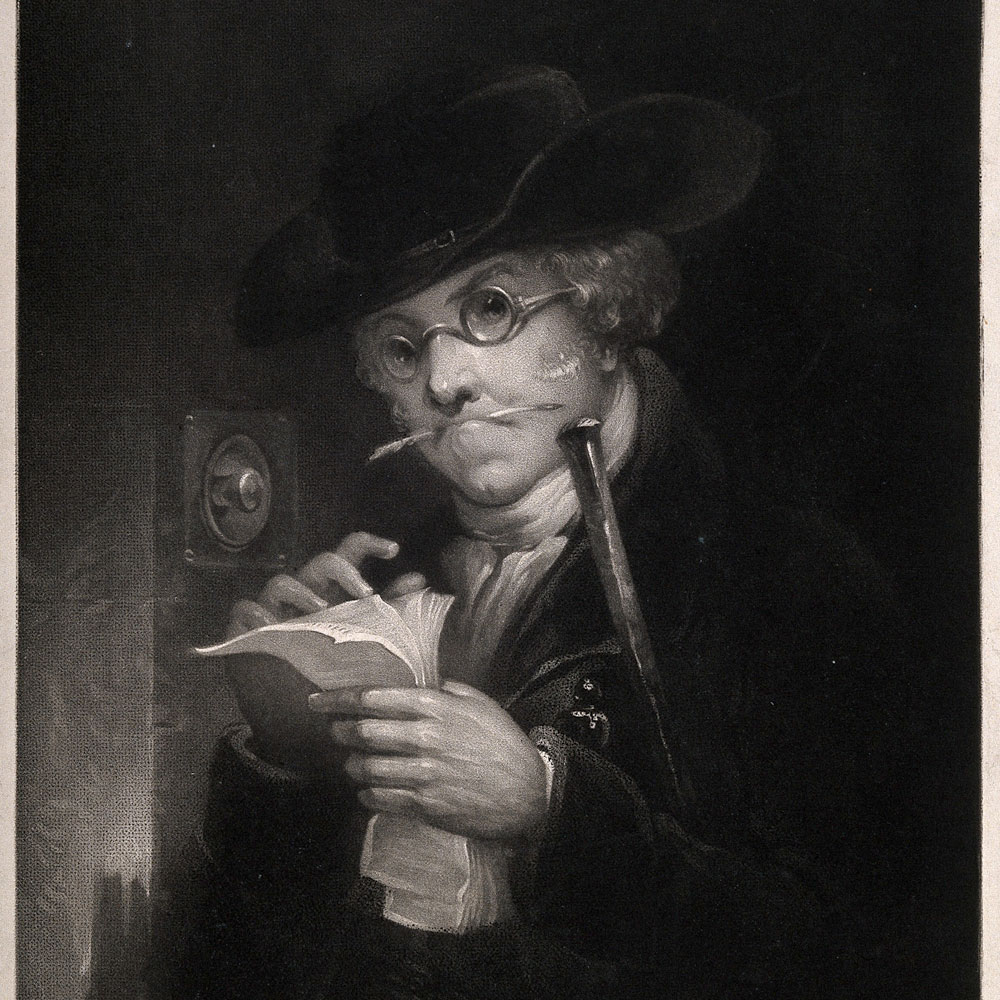
April 14, 2020; The American Prospect
This week, the federal government is finally mailing out the checks promised to Americans in the CARES Act. Individuals making less than $75,000 and couples making less than $150,000 will receive a check for up to $1,200 per person.
However, many people will see the money only briefly hit their bank accounts before it is confiscated to cover their debt.
Treasure official Ronda Kent, chief disbursing officer with the Treasury’s Bureau of the Fiscal Service, told bank officers, “There’s nothing in the law that precludes” their confiscating the CARES relief checks to cover a delinquent loan or past-due fees.
This is mainly a problem for those whose checks will arrive through direct deposit, which is likely to be a majority of people. Anyone who approved direct deposit for their tax returns or Social Security benefits will see the check post to that account. (Physical checks mailed out could take months to arrive, especially after President Trump delayed them so his name could be stamped on the paper. Nope, not a joke.)
Sign up for our free newsletters
Subscribe to NPQ's newsletters to have our top stories delivered directly to your inbox.
By signing up, you agree to our privacy policy and terms of use, and to receive messages from NPQ and our partners.
The checks are exempted from debt collection by federal or state agencies, unless that debt is for child support payments, but private collectors have first dibs on the money.
“[Treasury] has the ability to say that these payments are exempt, and they’re not doing so,” said Lisa Stifler, who leads debt collection work at the Center for Responsible Lending. That is, if the payments had been classified as a benefit like disability payments, they would have been exempt, but that’s not what the Treasury did—despite a letter from 25 state attorneys general, which referred to the misclassification optimistically as a “legislative oversight.”
Newsweek reporter Emily Czachor spoke with several large banks about their plans for these payments. Wells Fargo, Citibank, and Bank of America confirmed their clients will “receive stimulus rebates in full, regardless of previous unpaid sums, either by deferring collection or offering provisional credits temporarily applied to negative balances.” However, JPMorgan Chase, the biggest bank in the US, said it wouldn’t offset debts with stimulus funds but wouldn’t give the money to the people either—it would return the money to the Treasury, to “determine the address to mail the full stimulus amount and ensure the former customer gets the full benefit.”
When talks about stimulus began, many people rightly feared it would benefit big banks and corporations more than the middle- and low-income workers (and unemployed people) who were actually hurting. A lot of those fears have been realized: the unemployment assistance payments are a bureaucratic nightmare while the corporate stimulus has virtually no oversight, and key demographics like undocumented residents are ineligible for lots of assistance.
Several senators—including, of course, Elizabeth Warren (D-MA)—have written to the Treasury urging Secretary Steve Mnuchin to exempt the stimulus payments from all debt collection. But here we are, with payments rolling out and no protections in place.—Erin Rubin













